Forxiga 10mg Tablet is a prescription medication containing dapagliflozin, a sodium-glucose cotransporter 2 (SGLT2) inhibitor. It’s designed to treat type 2 diabetes in adults and reduce the risk of heart failure hospitalization in those with established heart disease. By blocking glucose reabsorption in the kidneys, Forxiga helps lower blood sugar levels effectively.
Uses
Forxiga 10mg is primarily used to treat type 2 diabetes in adults. It can be used as a standalone treatment or in combination with other diabetes medications like insulin or metformin. Additionally, it’s prescribed to reduce heart failure hospitalization risk in adults with type 2 diabetes and established heart disease.
Benefits
- Improves blood sugar control in adults with type 2 diabetes
- Reduces risk of heart failure hospitalization in patients with established heart disease
- May offer protection against kidney problems and other diabetes-related complications
- Can be used alone or with other diabetes medications
- Helps in overall diabetes management
How It Works
Forxiga works by inhibiting the SGLT2 protein in the kidneys. This protein normally causes glucose reabsorption from urine back into the bloodstream. By blocking this process, Forxiga increases glucose excretion through urine, effectively lowering blood sugar levels and improving glycemic control.
Dosage
Adults: Take 1 tablet (10mg) once daily, with or without food. Your doctor may adjust the dosage based on your individual needs, blood sugar levels, and response to treatment. Always follow your healthcare provider’s instructions.
Side Effects
Common side effects include urinary tract infections, vaginal yeast infections, increased urination, decreased blood sugar levels (hypoglycemia), and dehydration. Less common but serious side effects may include kidney problems, increased cholesterol levels, bone fractures, and increased risk of amputation in patients with peripheral artery disease.
Warning
Forxiga 10mg is not recommended for people with type 1 diabetes, diabetic ketoacidosis, severe kidney disease, or severe liver disease. It’s also contraindicated for individuals allergic to dapagliflozin. Monitor blood sugar levels regularly and maintain adequate hydration while taking this medication.
Pregnancy and Breastfeeding
The safety of Forxiga during pregnancy and breastfeeding has not been established. Consult your healthcare provider if you are pregnant, planning to become pregnant, or breastfeeding.
Interactions
- May interact with other diabetes medications, potentially increasing the risk of hypoglycemia
- Possible interactions with diuretics, leading to increased risk of dehydration
- May interact with blood pressure medications, affecting blood pressure control
- Potential interactions with medications that affect kidney function
- Possible interactions with medications that increase the risk of bone fractures
Important Information
Shake well before use. Store at room temperature, away from moisture and heat. Keep out of reach of children. Monitor for signs of dehydration, urinary tract infections, and diabetic ketoacidosis. Drink plenty of fluids to avoid dehydration. Regular kidney function tests may be necessary. Discuss any history of osteoporosis or risk factors for bone fractures with your doctor. Seek immediate medical attention if you experience symptoms of diabetic ketoacidosis.

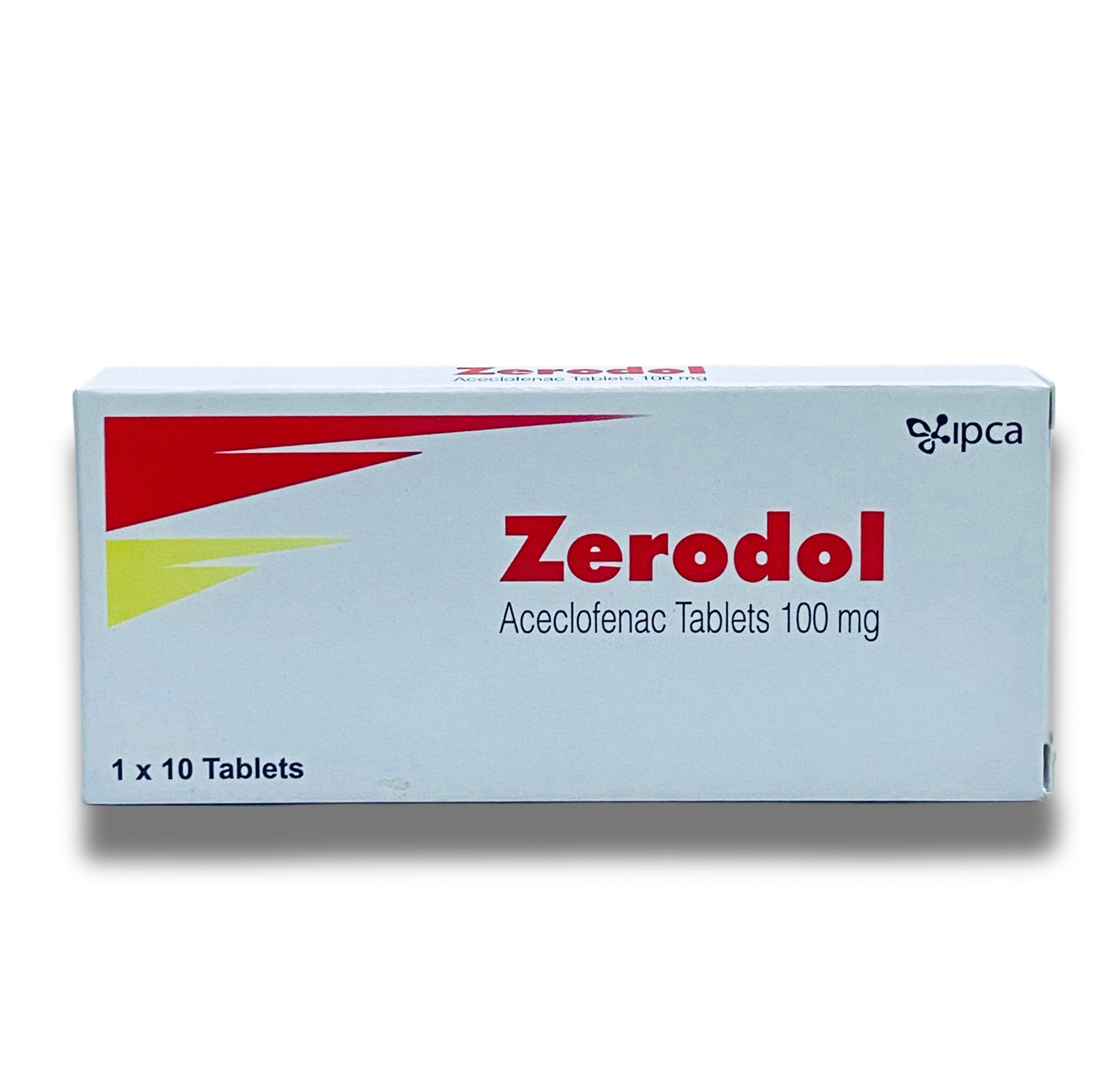
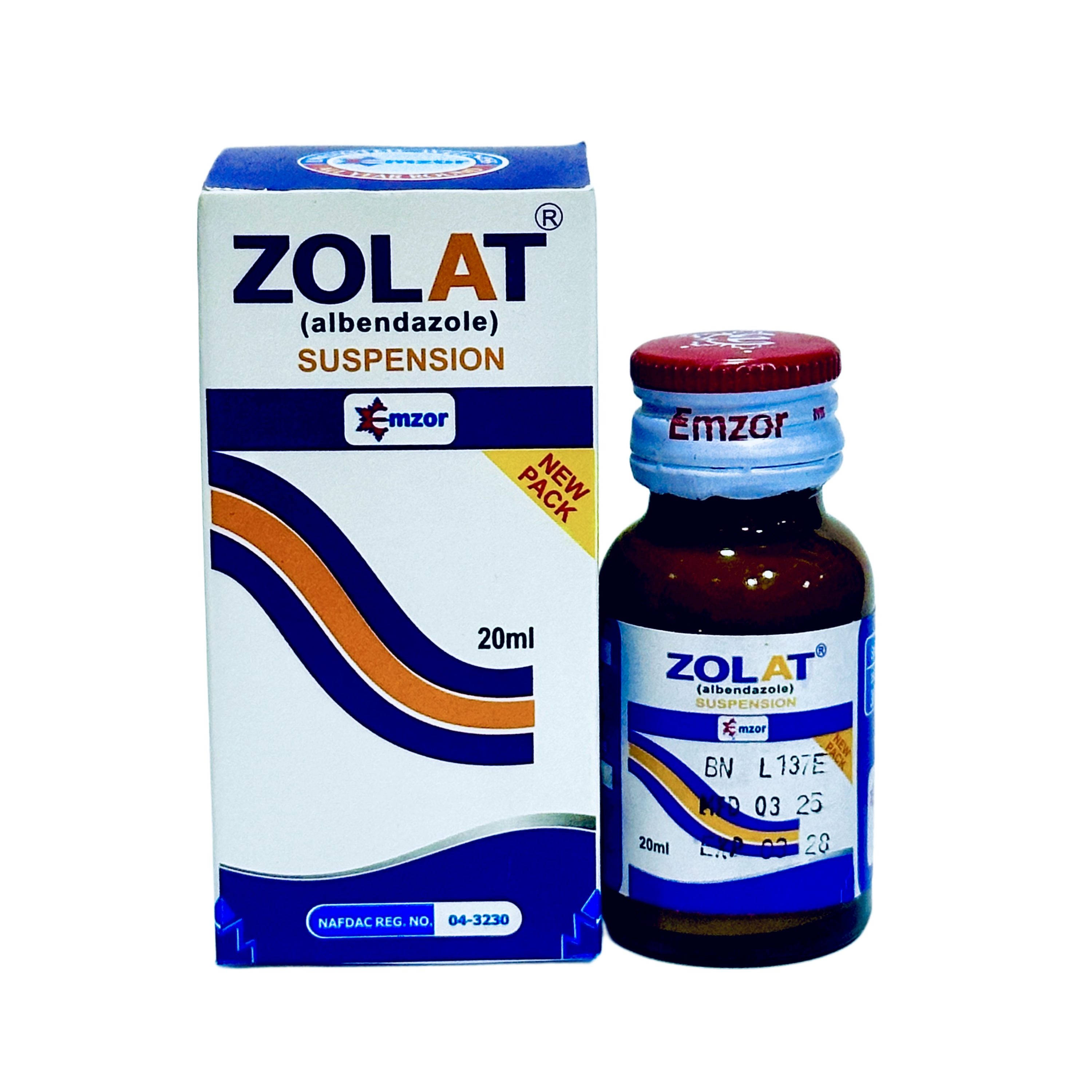
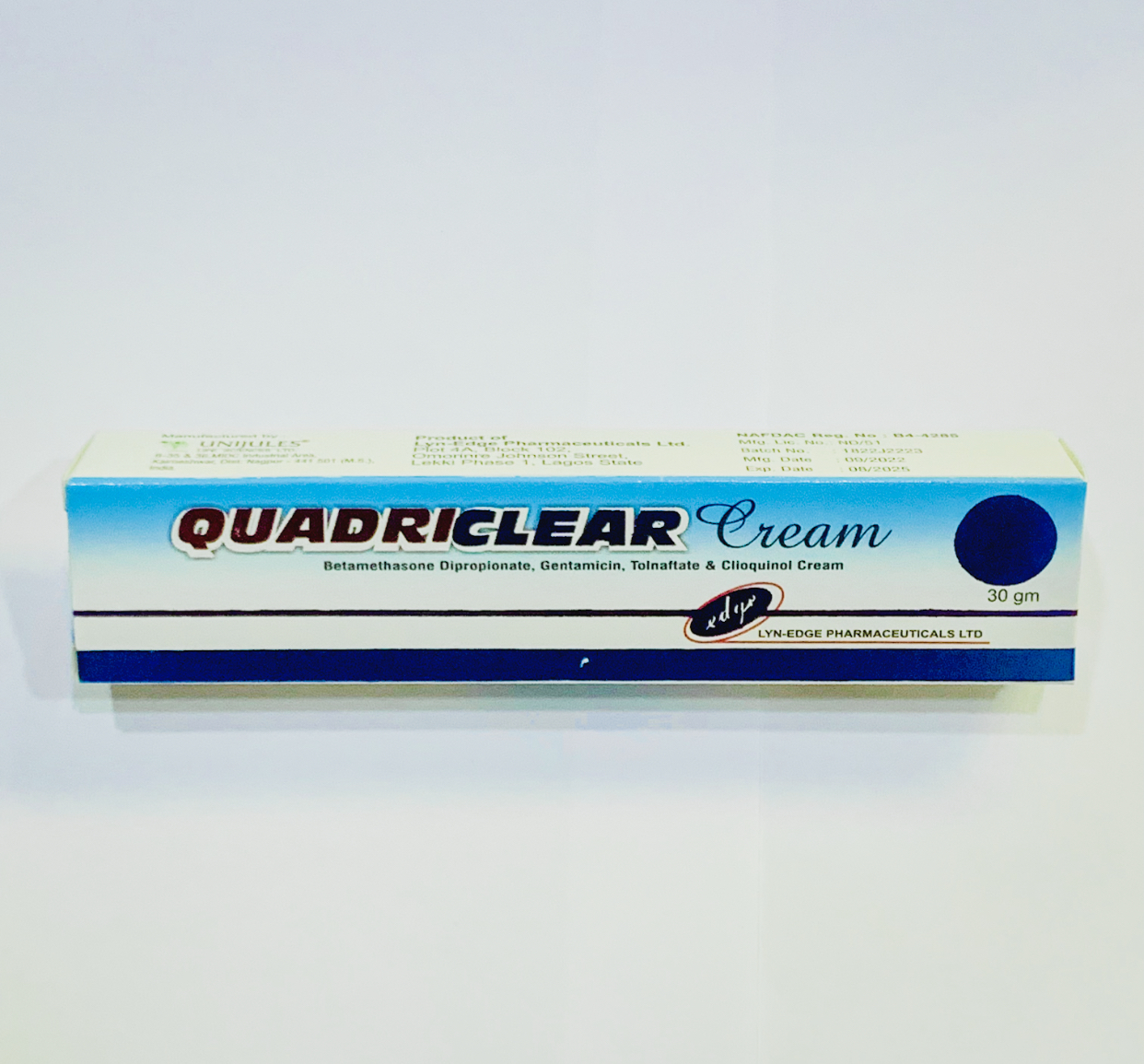


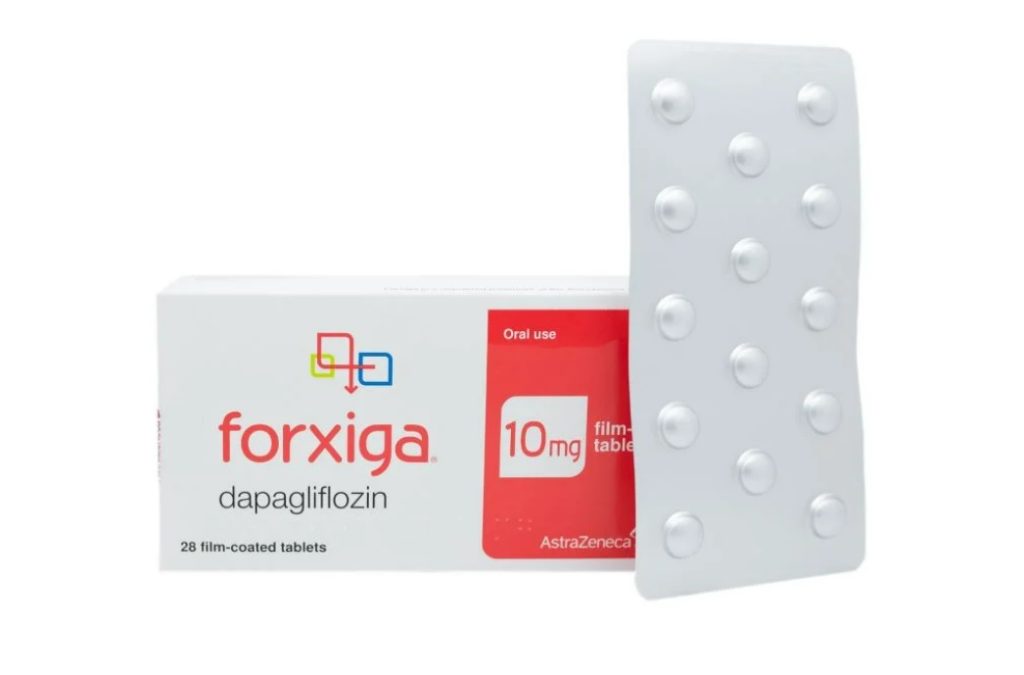
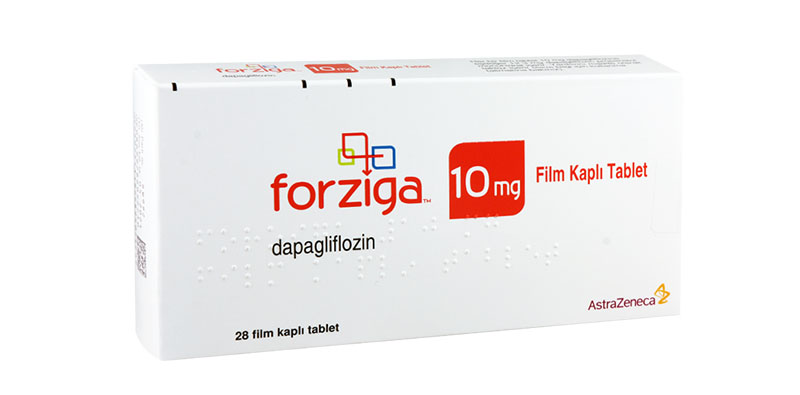



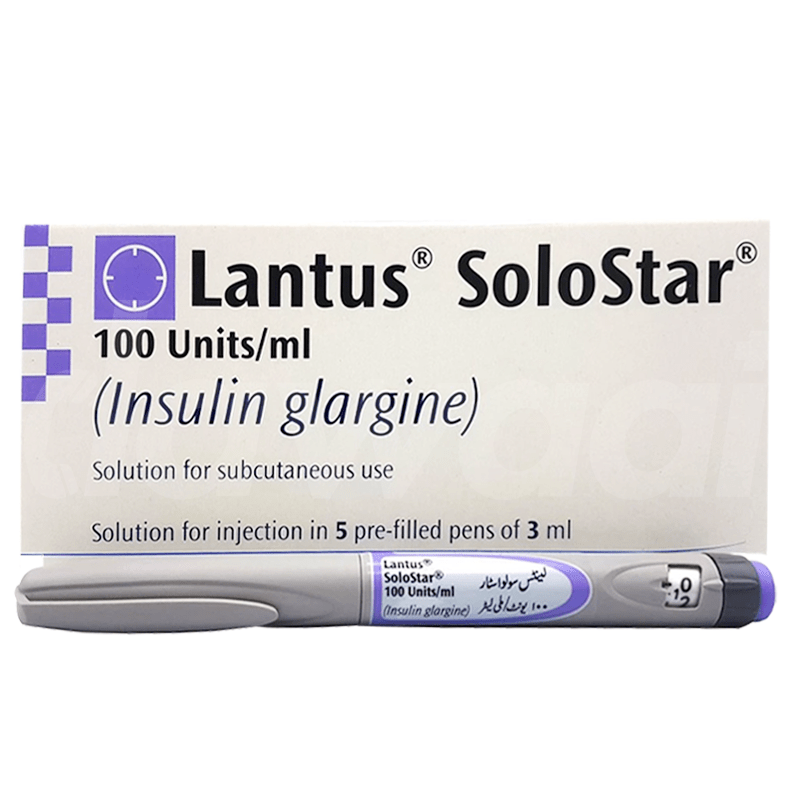
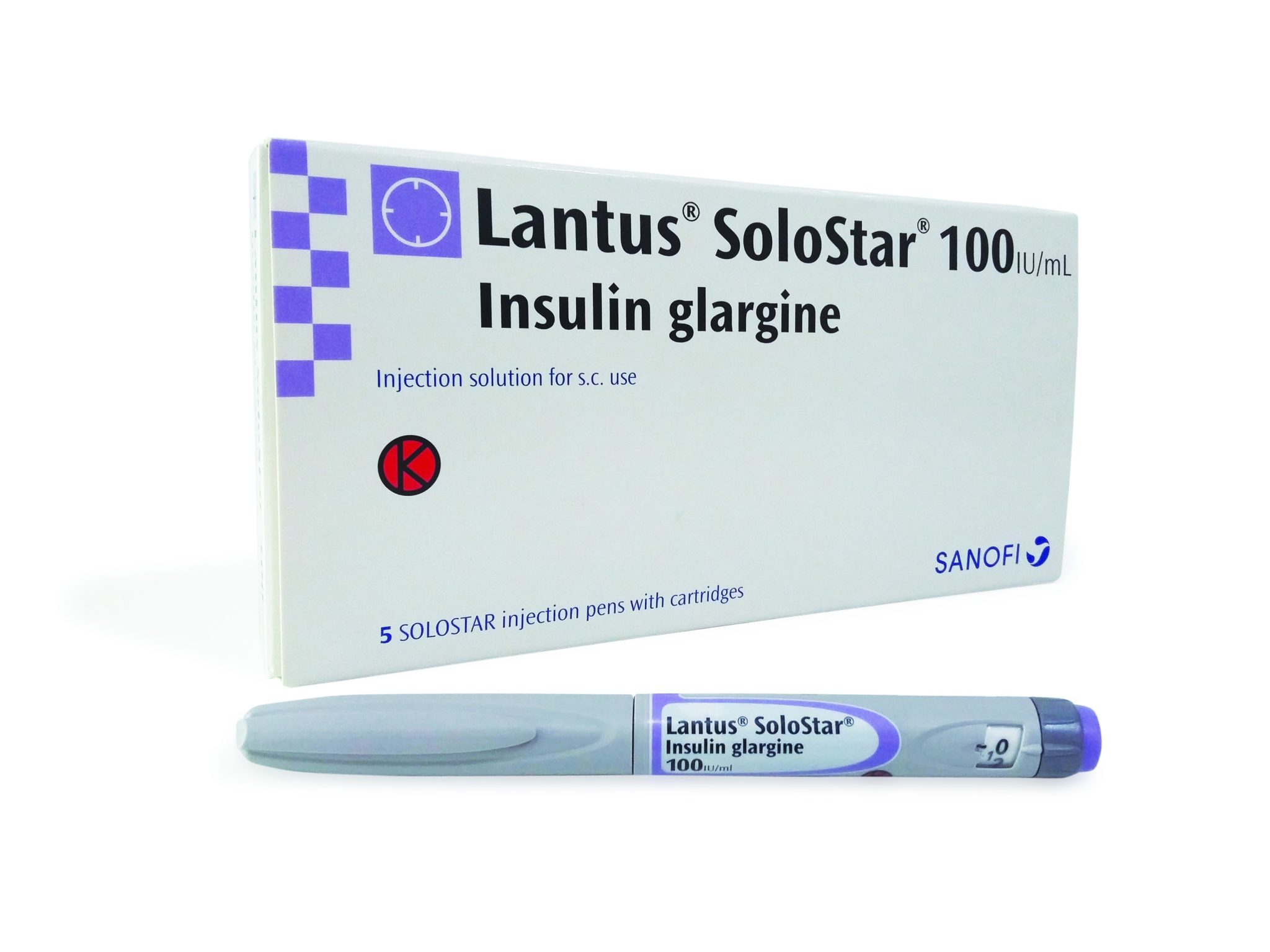

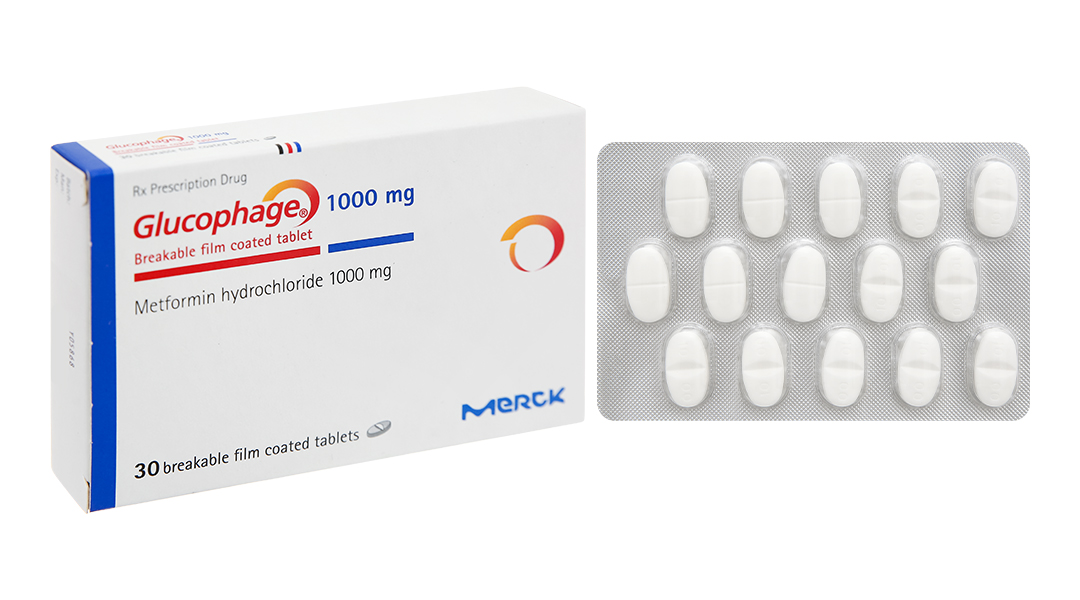




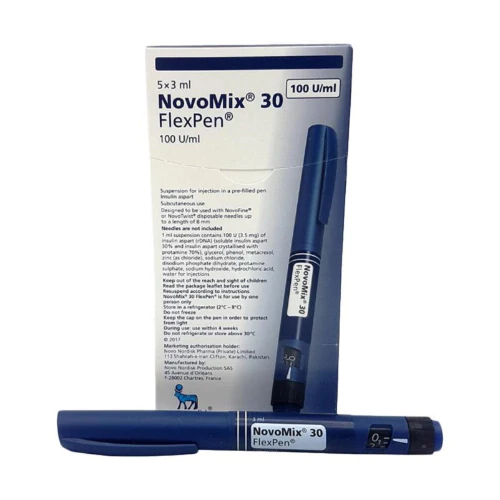

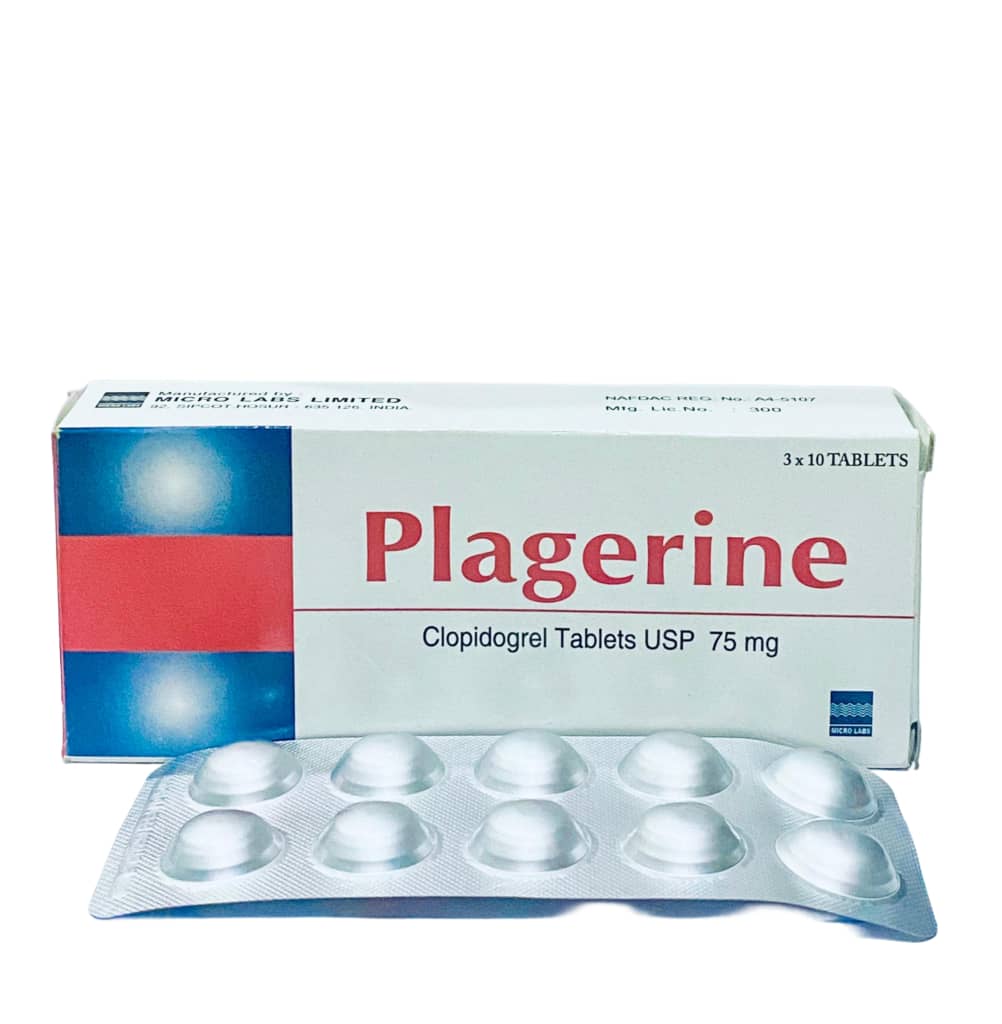




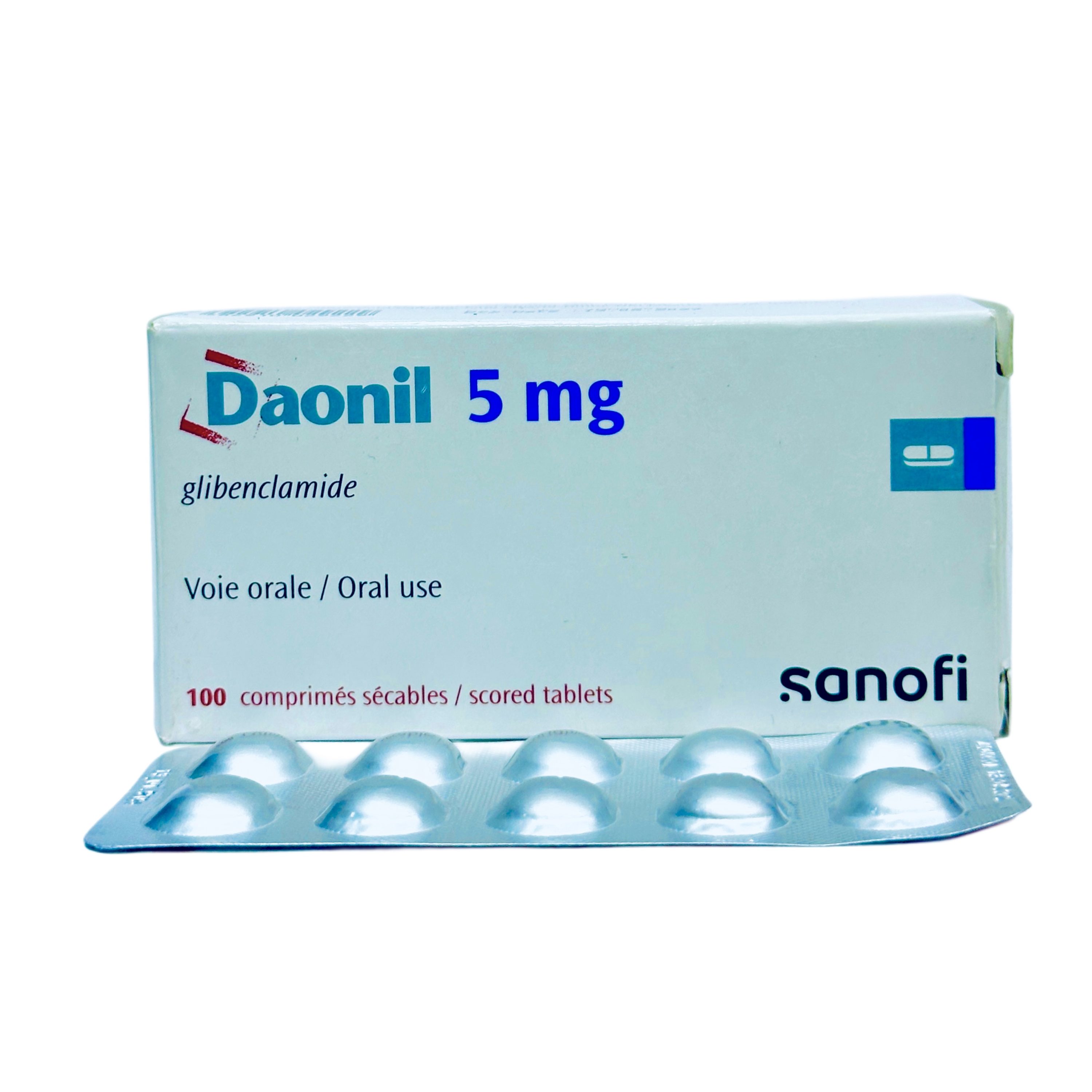
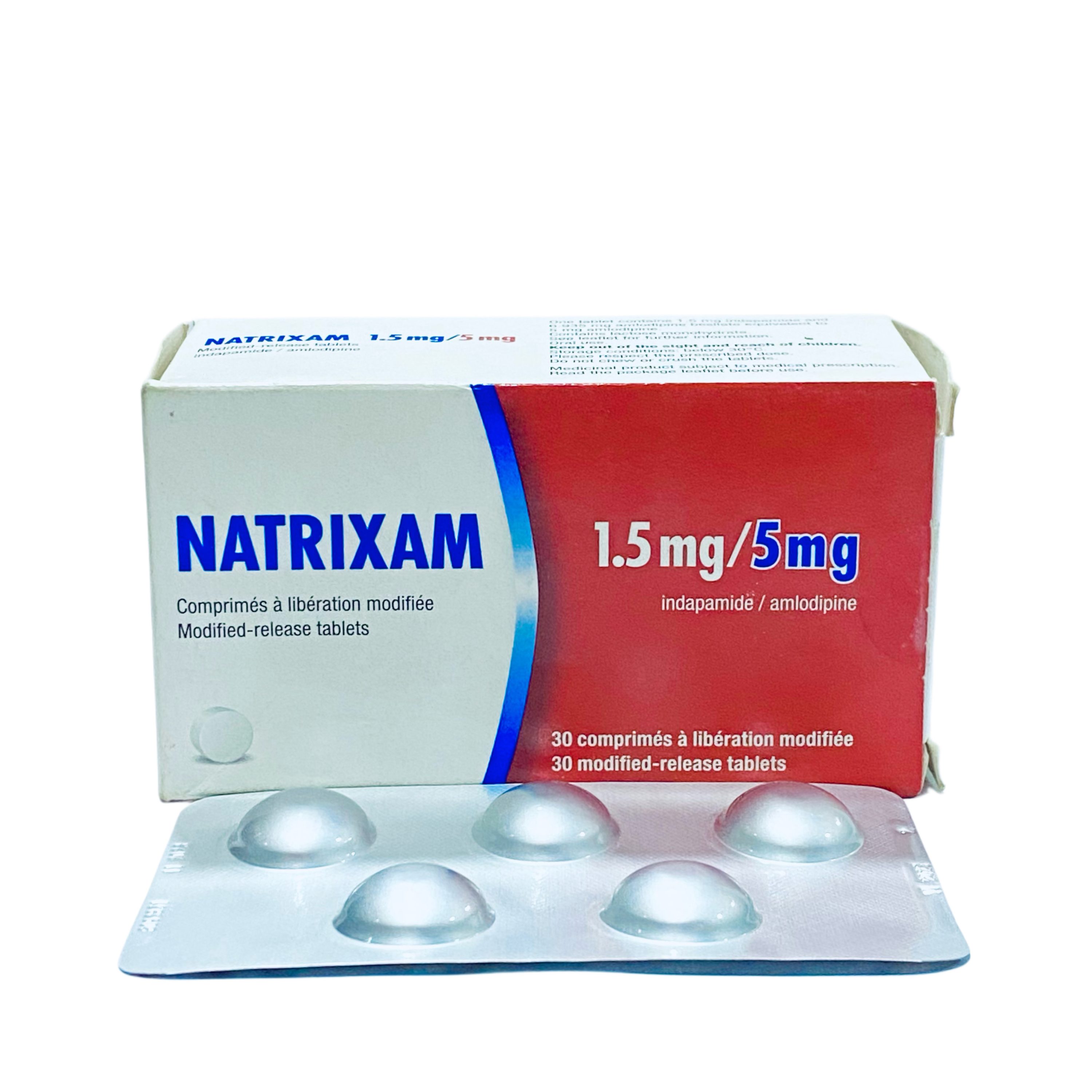
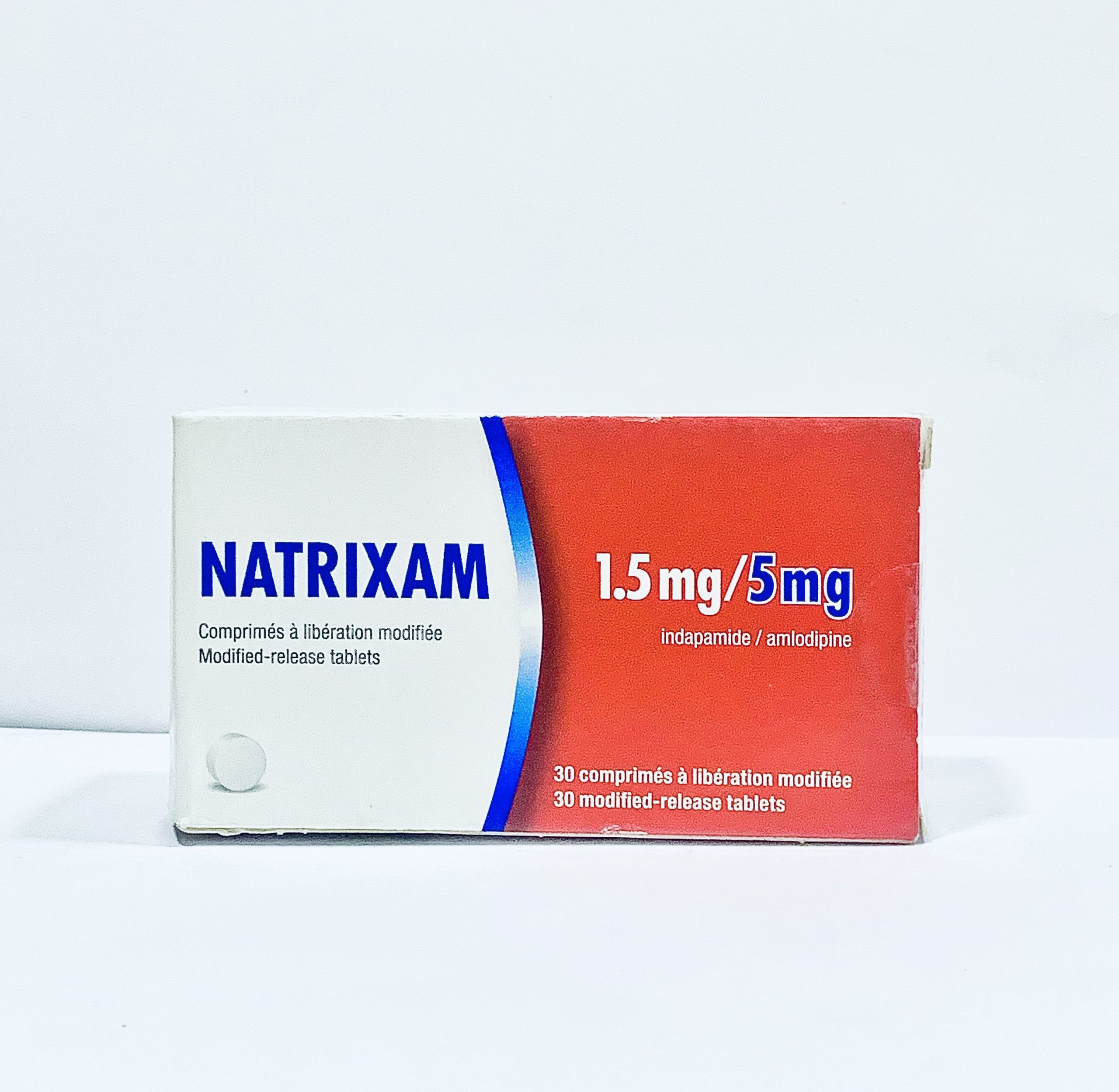

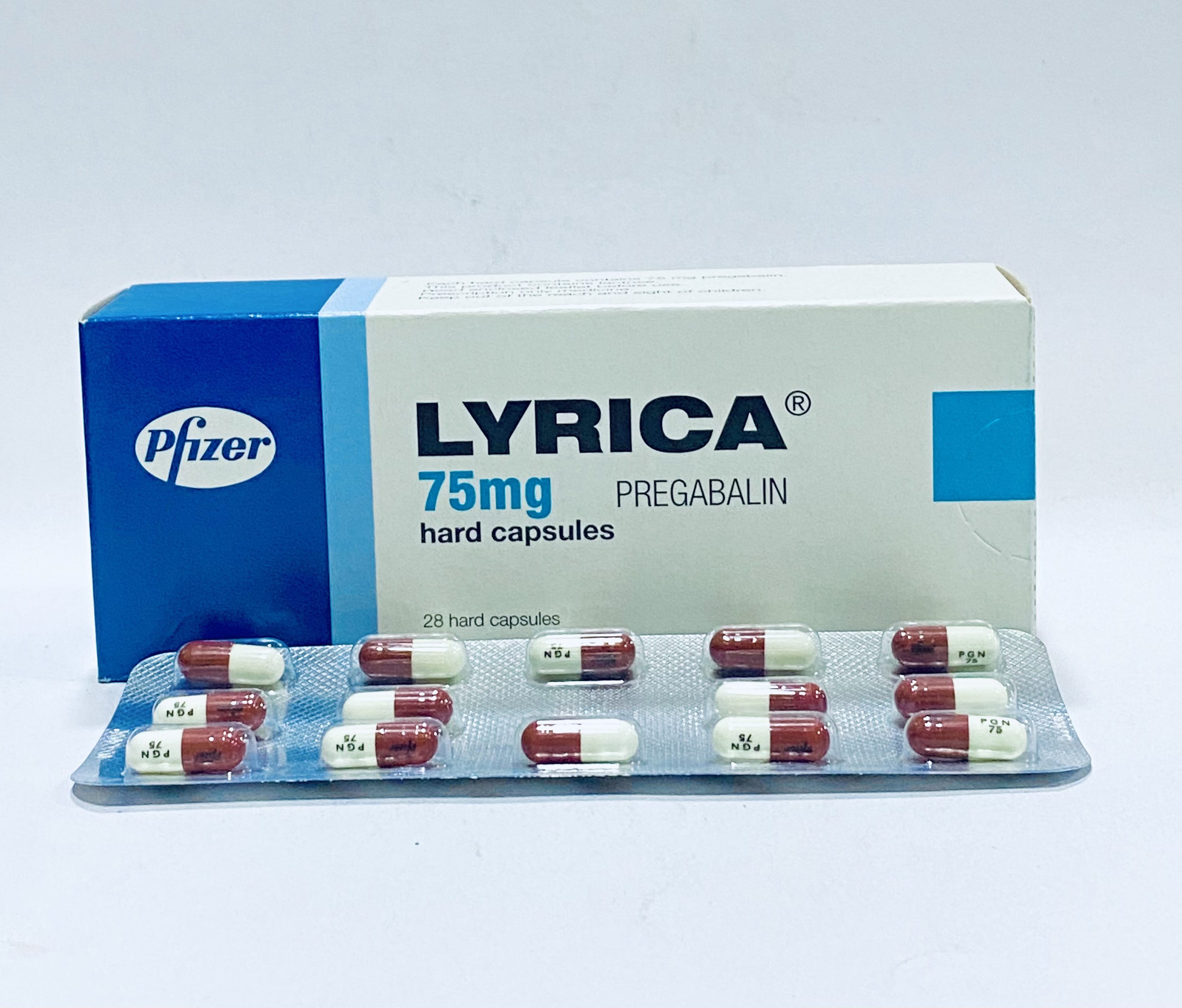
Reviews
There are no reviews yet.